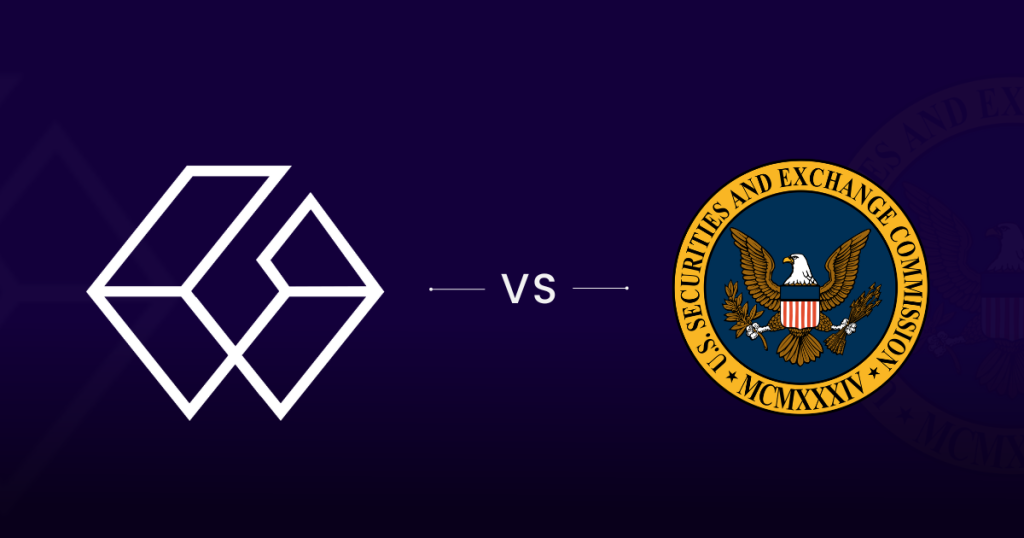
The post Lawyer Predicts Grayscale’s Win Against The SEC In Supreme Court appeared first on Coinpedia Fintech News
Grayscale Investments, a crypto asset management company, is preparing for a prolonged legal battle with the Securities and Exchange Commission over the creation of a spot bitcoin exchange-traded fund.
The SEC rejected Grayscale’s application to convert its flagship Grayscale Bitcoin Trust (GBTC.PK) (GBTC) into an ETF in June, claiming that the proposal did not adhere to guidelines intended to safeguard investors and prevent fraudulent conduct.
The SEC was accused of acting arbitrarily by Grayscale in denying applications for spot bitcoin ETFs while earlier approving applications for bitcoin futures ETFs. Grayscale filed suit against the SEC almost immediately after their proposal was rejected. The case is being handled by the District of Columbia Court of Appeals.
John Deaton’s take on the lawsuit
John Deaton, the founder of CryptoLaw has been very active in updating the community about the Ripple vs SEC lawsuit. He has also been updating about the tussle between Grayscale and SEC.
X3 founder Andrew in a recent tweet has updated in a recent tweet that there is a possibility that the Grayscale and Bitcoin case makes its way to the Supreme Court here in the US. The brief is in front of the DC Circuit and he believes that a win is possible.
In reply to this, Deaton has explained that a win is more than possible. He has mentioned that the odds of Grayscale winning before the DC Circuit is at 50/50 and before the Supreme Court is at 75-80%. Further, he has mentioned that the SECGov’s denial of a spot BTC, ETF while allowing both a futures ETF and a short ETF is arbitrary and capricious.
It appears that Deaton firms believe in Grayscale’s win against the SEC.
Further, in a follow-up tweet, Deaton explained that after the Supreme Court’s decision in West Virginia vs EPA, he has no doubt that the current makeup of the U.S. The Supreme Court will rule in favor of Ripple if it goes that far. The SEC did not limit its allegations to only apply to Ripple’s sales of XRP but went too far with it.
In this case, which concerned the EPA’s authority to control carbon emissions in order to combat climate change, the court’s decision prompted the United States Congress to prohibit the EPA from regulating emissions from plants.
As a result, there is a parallel to the SEC’s attempt to regulate the crypto area, and winning the case against Ripple is the first step toward establishing control of the nascent sector.

 2 years ago
145
2 years ago
145
 EPA, I have zero doubt that the current makeup of the U.S. Supreme Court will rule in favor of
EPA, I have zero doubt that the current makeup of the U.S. Supreme Court will rule in favor of 













 English (US) ·
English (US) ·